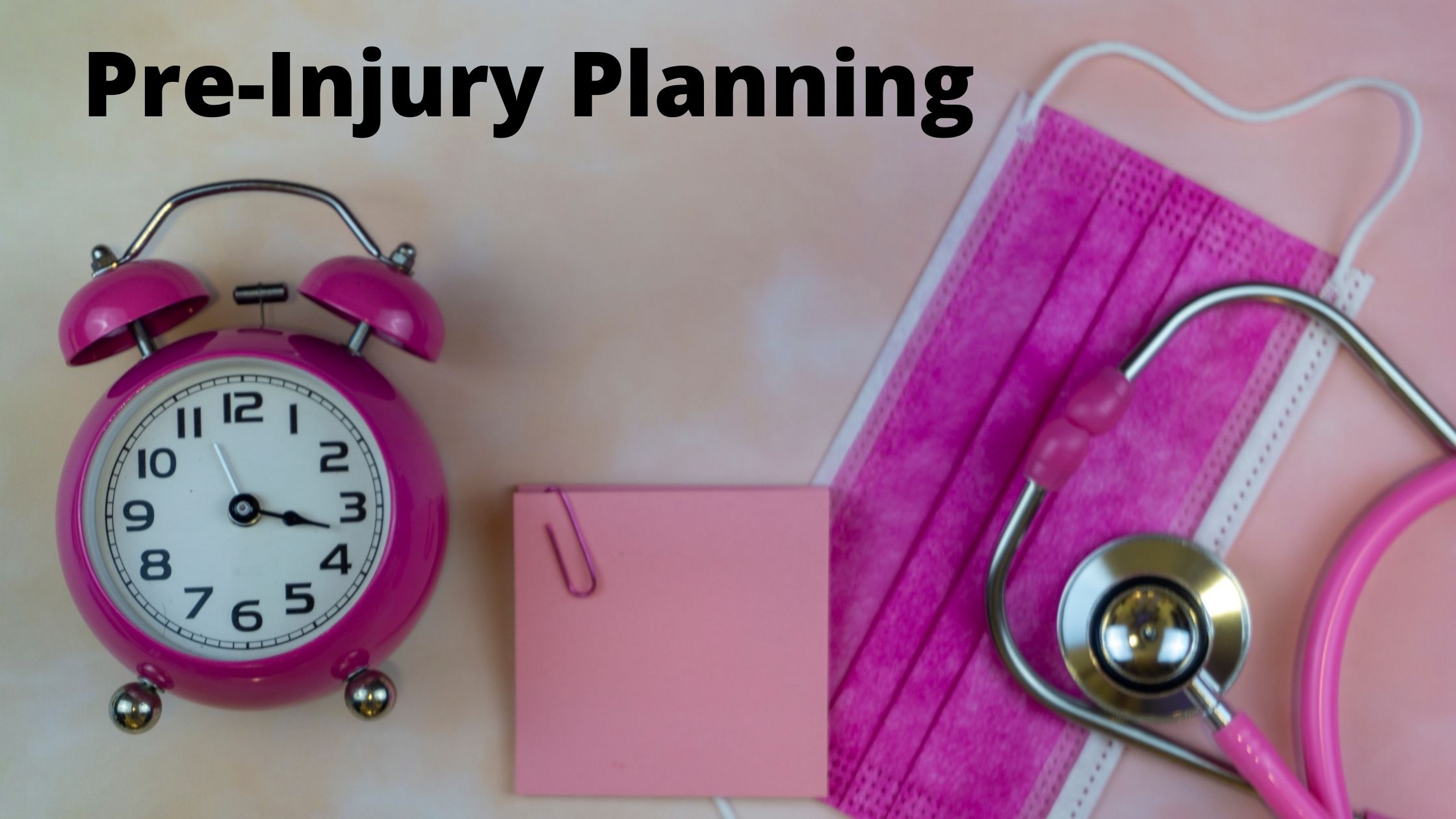Injured workers are entitled to receive benefits from their employer’s health insurance policy for job-related injuries. The type of injury, the worker’s length of employment with the employer, and whether the worker is covered by workers’ compensation will all play a role in whether or not the worker is eligible for benefits.
How do health insurance policies for job-related injuries differ?
Different approaches exist to providing health insurance coverage for job-related injuries. The most common type of coverage is workers’ compensation, which provides benefits to employees who are injured at work. Workers’ compensation plans vary in terms of their benefits and coverage. In some states, employers must provide workers’ compensation coverage, while in other states employers can choose to provide it or not.
Another common type of health insurance coverage is private disability insurance, which provides benefits to employees who are unable to work as a result of an injury. Private disability insurance can be purchased through an employer, or it can be bought directly from a insurer. Coverage typically includes benefits for medical expenses, income replacement, and social services.
Employees who are injured at work may also be eligible for health insurance through the government’s Medicaid program. Medicaid is a government-run health care program that covers low-income individuals and families. In most cases, people who are injured at work and are enrolled in Medicaid can continue to receive coverage until they no longer meet the program’s eligibility criteria.
There are a number of different options available to workers who have been injured at work and need health insurance coverage. It is important to research each option carefully so that the right
Pre-Injury Planning
If you are injured at work, you may be eligible for workers’ compensation benefits. Workers’ compensation is a government program that provides temporary financial assistance to workers who are injured on the job. Benefits may include medical expenses, income replacement, and death benefits.
There are a variety of benefits programs available to workers who are injured at work. Some programs provide limited benefits, while others offer more comprehensive coverage. Depending on the program you qualify for, you may be required to participate in a rehabilitation program or submit to an examination by a doctor.
To find out if you are eligible for workers’ compensation benefits, you must first contact your state department of labor. You can also contact an insurance company that specializes in workers’ compensation claims.
Regardless of your injury status, it is important to file a claim as soon as possible. Waiting can result in reduced benefits and increased costs associated with the case. If you have questions about filing a claim or about any aspect of workers’ compensation benefits, please contact an experienced injury lawyer.
Medical bills and insurance
When you are injured at work, the last thing you want to worry about is paying your medical bills. Luckily, there are a number of different options available to help cover those expenses.
Depending on the type of insurance you have, you may be able to receive coverage through your job. This is often called employer-sponsored health insurance. You may also be able to purchase health insurance on your own, through a government program like Medicare or Medicaid, or through a private insurer.
Whatever option you choose, it is important to understand the terms and conditions of the health insurance coverage. Make sure to ask your insurance company about any exclusions or limitations that may apply. And don’t forget to contact your doctor or health care provider if you have any questions about your treatment plan.
Workers’ Compensation
There are a few different ways that workers can receive health insurance coverage for job-related injuries. One option is to have your employer provide health insurance coverage. Another option is to purchase health insurance on your own. Finally, you may qualify for government-provided health insurance through a program like Medicare or Medicaid. Each of these approaches has its own benefits and drawbacks.
Having your employer provide health insurance can be a good way to protect yourself financially if you get injured on the job. However, this type of coverage can be expensive, and it may not cover all of the medical expenses that you may need. Additionally, your employer may only offer health insurance if you are employed full-time (or part-time). If you are not employed full-time, you may not be able to qualify for coverage under your employer’s plan.
Another option is to purchase health insurance on your own. This approach can be less expensive than having your employer provide coverage, but it may not be as comprehensive. It may also be more difficult to find affordable coverage on your own. You may also have to pay extra for coverage if you have pre-existing conditions.
Disability Insurance
There are a few different ways to get disability insurance for job-related injuries. One way is to get private disability insurance through an employer. This is usually the most expensive option, but it can be worth it if you have a lot of coverage and your employer has a good track record of providing coverage. You can also get government disability insurance through your state or county, or through the Federal Employees’ Compensation Program (FECP). These options are usually less expensive than private disability insurance, but they may not offer as much coverage.
If you don’t have any benefits from your job, or if you only have limited benefits, you may be able to get government disability insurance through your state or county as long as you meet certain eligibility requirements. You can also apply for Medicaid or Medicare if you are eligible, though these programs may not have the same coverage as government disability insurance programs do.
Conclusion
Whether you are an employee who has been injured at work or a self-employed business owner who has been hurt on the job, it is important to know what health insurance coverage options are available to you. There are a number of different approaches that employers and individual policyholders can take when it comes to health insurance coverage for job-related injuries, and it is important to understand which option is best for you. In this article, we will introduce you to the three main types of health insurance coverage for job-related injuries: no-fault insurance, workers’ compensation insurance, and personal injury protection (PIP) policies. We will also provide some tips on how to choose the right type of policy for you, based on your specific situation.


